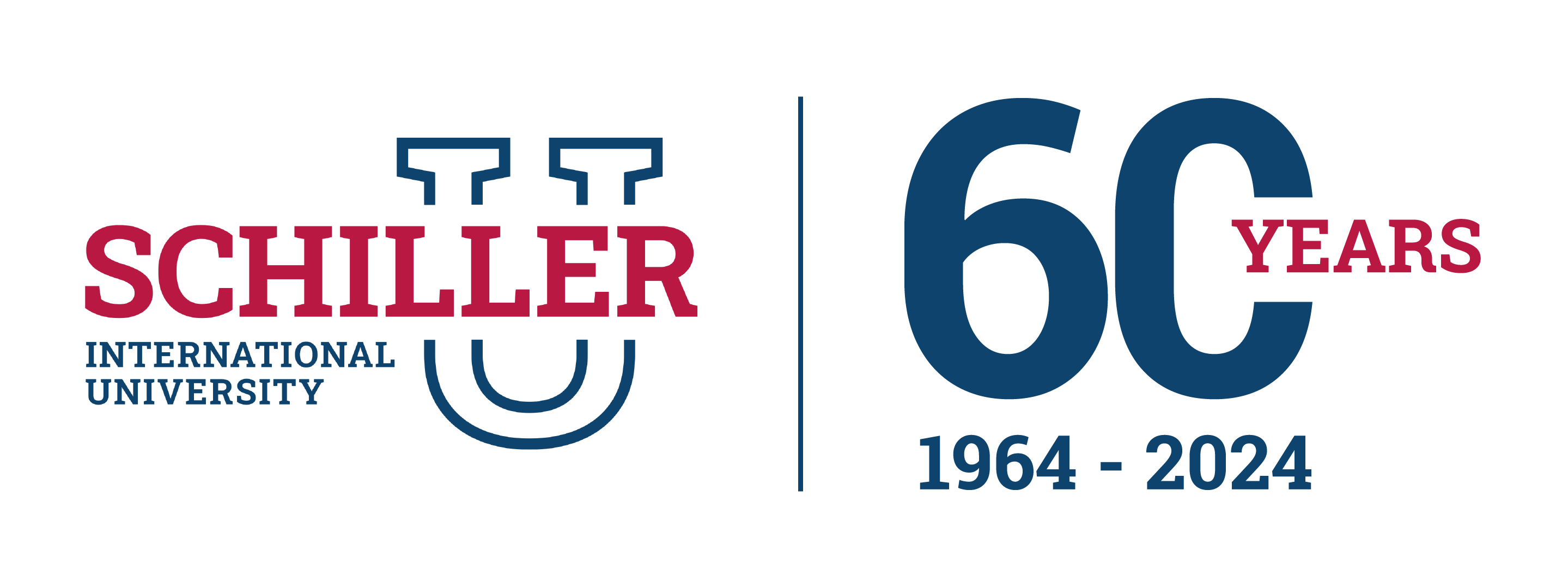Planning to study in Germany? The Germany student visa process can seem daunting, but with careful preparation, it is manageable. This guide covers everything from understanding the different types of student visa for Deutschland to submitting your application form and securing your Germany student visa appointment. We will also explore the crucial student visa requirements to study in Germany, including financial proof, health insurance and language proficiency. Successfully navigating the application for a student visa for Germany involves interacting with the German embassy or consulate in your home country. By following these steps, you will understand the intricacies to obtaining your visa, ensuring a smooth transition to your academic adventure in Germany.
Understanding German Student Visa Types
Germany provides various visa types tailored to your educational needs. Knowing which visa to apply for is the first step in your Germany student visa process. Below are the primary visa categories:
- Study Visa (Visum zu Studienzwecken): This is the primary visa for students enrolled in higher education programs at Universities in Germany. It allows you to stay for the duration of your studies.
- Language Course Visa (Visum zu Sprachkursen): If you plan to improve your German language skills before starting a degree program, this visa is suitable for you. It typically allows for a stay of up to one year.
- Student Applicant Visa (Visum zur Studienbewerbung): This allows you to enter Germany specifically to apply for university admission. You will need to show evidence of acceptance, such as a conditional offer letter. This is a temporary visa allowing a specific timeframe for the admission process.
The Importance of an Admission Letter

Before starting the Germany student visa process, securing an admission letter from a recognized university is essential. This letter serves as official proof of your enrollment and acts as an invitation to study in Germany. It is a pivotal document needed for obtaining a German student visa. Without it, your application for a student visa will be rejected.
Your admission letter must clearly state the following:
- Your full name
- The name of the university
- The course of study
- The duration of your studies
Make sure to keep this document safe, as it will be required during your visa application and at your Germany student visa appointment.
Comprehensive Health Insurance: A Vital Requirement
Health insurance is a legal requirement for obtaining a student visa and a critical safety net while studying abroad. Germany has a high healthcare standard, and insurance ensures that you are covered for any medical expenses that may arise during your stay. This is not merely a Germany student visa requirement; it is essential for your safety and financial protection during your stay in Germany.
There are two types of health insurance you can choose from:
- Public Health Insurance: This is generally recommended for international students. It provides comprehensive coverage and is recognized throughout Germany.
- Private Health Insurance: This option may be suitable for students over 30 or those who have previously been insured in Germany. However, it is essential to ensure that the policy meets the requirements set by the German authorities.
Ensure your policy covers all medical expenses during your studies. This health insurance will be a key document for your Germany student visa application form.
Financial Proof: Demonstrating Financial Stability
Proving sufficient funds to cover living expenses is crucial. This shows the German authorities that you can support yourself financially during your studies.
You can demonstrate this through:
- A blocked account with a minimum balance (currently around €11,208 for one year). This account allows you to withdraw a set amount each month, ensuring sufficient funds for living expenses.
- A scholarship award that covers your living costs.
- A formal obligation letter from a sponsor, such as a family member, who will provide you with financial support during your studies.
This financial proof is a critical component of the Germany student visa application form and must be included in your application.
Completing the Germany Student Visa Application
Now comes the exciting part: applying for your student visa! The Germany student visa application form must be meticulously completed.
Checklist of required documents you will need to prepare:
- Valid passport: Ensure your passport is valid for at least six months beyond your intended stay in Germany.
- Completed Germany student visa application form: This form can be downloaded from the German Embassy or Consulate website in your home country.
- Admission letter from your university: This document is vital for your application.
- Proof of financial resources: This can be a blocked account statement, scholarship letter, or a sponsor's obligation letter.
- Health insurance certificate: Ensure it meets the requirements set by the German authorities.
- Passport-sized photos: These should meet the specifications outlined by the embassy.
- Additional documents: As requested by the embassy or consulate.
Once you have gathered all the required documents, submit your application to the German embassy or consulate in your home country. It is advisable to make an appointment in advance to avoid long waiting times. Each German embassy or consulate in your home country will have specific instructions and processing times; review these carefully. Thorough preparation is key for success in this stage of the Germany student visa process. Failure to provide all necessary documents will delay the process; double-check the checklist before submission.
The Visa Interview: What to Expect
Some applicants may be required to attend a visa interview. This is an opportunity to discuss your study plans and financial situation. Prepare to articulate your goals and reasons for studying in Germany.
During the interview, you may be asked questions such as:
- Why did you choose Germany for your studies?
- How do you plan to support yourself financially?
- What are your future career plans after completing your studies?
Being well-prepared can significantly influence the success of your application for a student visa for Germany. Dress professionally and take all necessary documents to the interview.
Visa Processing Time and Success Rate
The processing time for a German student visa can vary, typically taking several weeks. It is advisable to apply well in advance to avoid any last-minute issues. Once your visa is approved, it will be stamped in your passport, marking a significant milestone in your journey. The success rate is high for well-prepared applicants who fulfill all the Germany student visa requirements. Keep track of your application status and be patient throughout the processing time. This is a critical stage in the Germany student visa process, demanding patience, and persistence.
Remember that the processing time can be affected by various factors, including the volume of applications at the embassy or consulate. Therefore, it is essential to stay informed and check the status of your application regularly.
Post-Arrival Formalities: Settling In
Upon entering Germany, there are several important steps to complete to ensure a smooth transition:
- Register your address: You must register your residence with local authorities (Einwohnermeldeamt) within two weeks of your arrival. This is a legal requirement and is necessary for obtaining a residence permit.
- Open a bank account: Having a local bank account will make managing your finances easier. Research different banks to find one that suits your needs.
- Familiarize yourself with student discounts and local amenities: Many places offer discounts for students, so take advantage of these opportunities to save money.
- Obtain a residence permit: if your study program exceeds 90 days (about 3 months). This is crucial for maintaining your legal status in Germany.
These steps are essential for a smooth transition into your long-term stay in Germany and will help you settle in quickly. Many international students in Germany find this post-arrival process straightforward.
Applying for a Residence Permit
If your study program exceeds 90 days, you must apply for a residence permit. Initiate this process within the first few weeks of your stay to maintain your legal status. This is an important step in the Germany student visa process, although it is done after your arrival. It ensures your legal ability to reside and study in Germany.
To apply for a residence permit, you will need:
- Your valid passport
- A completed application form
- Proof of enrollment at a German university
- Proof of financial resources
- Health insurance certificate
- Registration confirmation from local authorities
The residence permit allows you to stay in Germany for the duration of your studies and is essential if you plan to work while studying.
Begin Your Academic Journey at Schiller International University
Schiller International University offers exciting opportunities for international students in Heidelberg, Germany, and across other global campuses in the USA, Spain, and France. We offer a variety of programs, including:
Studying with us will give you an exceptional study in Germany experience.
Additional Tips for International Students
- Stay organized: Keep all your documents in one place to avoid last-minute scrambles. Use folders or digital tools to manage your paperwork effectively.
- Stay informed: Regularly check the official websites for any updates on visa regulations. Changes can occur, and being informed will help you stay ahead.
- Network: Connect with other international students to share experiences and tips. Joining student groups or online forums can provide valuable insights and support.
- Learn the language: While many programs are offered in English, knowing German can enhance your experience and help you integrate better into the local community.
- Explore your surroundings: Take time to travel and explore Germany. The country is rich in history and culture; experiencing it firsthand will enrich your studies.
German Student Visa: Your Gateway to Academic Success
The Germany student visa process is an essential gateway for international students eager to study in Germany. Understanding the student visa requirements, preparing the necessary visa application form, and following the outlined steps will ensure a smooth transition to your new academic environment.
Schiller International University looks forward to welcoming you to our diverse community. Explore our campuses and discover the unique opportunities that await you in Germany and beyond. Your academic journey is about to begin, and the possibilities are limitless.
Embark on your academic journey; we await your arrival.
Frequently Asked Questions
Q1: What is the processing time for a German student visa?
A: The processing time can vary but typically takes several weeks. It is best to apply as early as possible to avoid delays.
Q2: Can I work while studying in Germany?
A: Yes, international students can work part-time during their studies. However, there are specific regulations regarding the number of hours you can work, especially during the semester.
Q3: What happens if my visa application is denied?
A: If your application is rejected, you will receive a letter explaining the reasons. You can appeal against the decision or reapply with additional documentation to address the concerns raised.
Q4: Do I need to speak German to study in Germany?
A: While many programs are offered in English, knowing German can significantly enhance your experience, help you integrate better, and open up more opportunities for social interaction and part-time work.
Q5: How can I find accommodation in Germany?
A: Start your search early through university housing services, online platforms, or local listings. Many universities offer assistance in finding suitable accommodation for international students.
Q6: What are the costs associated with studying in Germany?
A: Tuition fees vary by university and program, but many public universities do not charge tuition for international students. However, you should budget for living expenses, health insurance and other fees.
Q7: Is it possible to extend my student visa?
A: Yes, if you need more time to complete your studies, you can apply for an extension of your student visa or residence permit. Make sure to apply before your current visa expires.

 Apply Now
Apply Now









